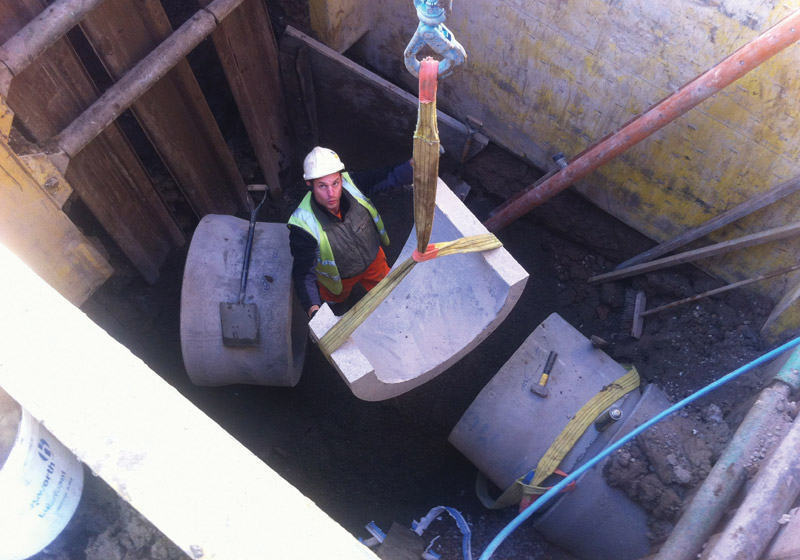Civil Engineering incorporates a broad range of different job roles. From the construction of highways and buildings to dams, tunnels, bridges and other smaller facilities the role and responsibility of civil engineers is vast.
Civil Engineering incorporates a broad range of different job roles. From the construction of highways and buildings to dams, tunnels, bridges and other smaller facilities the role and responsibility of civil engineers is vast.
The two crucial aspects within this field are consulting engineering and contracting engineering. Consulting engineers design a specific project whereas contracting engineers manage the physical construction and play a significant role in transforming the proposed development into architecture.
Civil engineering further encompasses a number of other specialisations, each of which is essential for successful completion of the structure. The key roles and responsibilities of the civil engineer are as listed below.
The first, and most important, responsibility is to analyse the site location and the surrounding area. This includes a search and investigation, verifying its feasibility for construction purposes.
The second is to design a plan, outlining the key variables and what needs to be changed prior to the construction.
The third role and responsibility of civil engineer is to develop a detailed design layout, keeping the requirements of the client in mind. The design and any subsequent reports need to be reviewed and approved, and any potential risks and challenges of the project identified.
Following the completion of this tender the proposal will need to be submitted to those officials that supervise the tendering process, ensuring that all rules, regulations and guidelines are fulfilled. It’s paramount that all safety measures are met whilst the project is being undertaken.
Whilst the project is underway it is the responsibility of the civil engineer to monitor the staff onsite. They must keep an open dialogue with architects, consultants and subcontractors. Should any issues arise, they have the responsibility of resolving them.
Wherever possible all construction work should be completed within budget and to the agreed timescale. The responsibility of scheduling the work, ensuring that sound organisational skills are employed and that all the raw materials are present also lies with a civil engineer.
A civil engineer plays a pivotal role in the effective execution of all manner of engineering projects. Their input, and leadership where necessary is essential to secure the smooth execution of a vast selection of projects.



